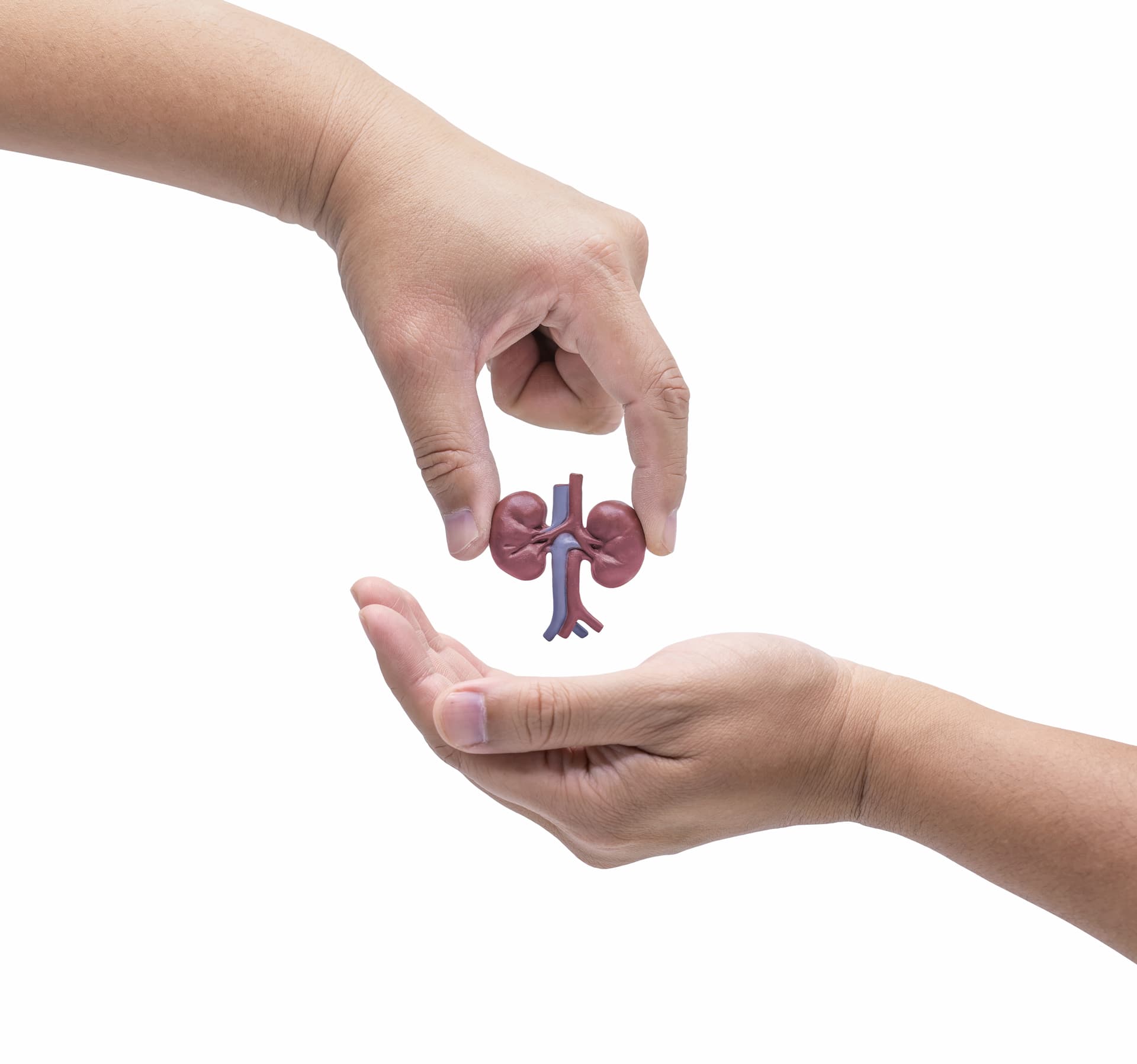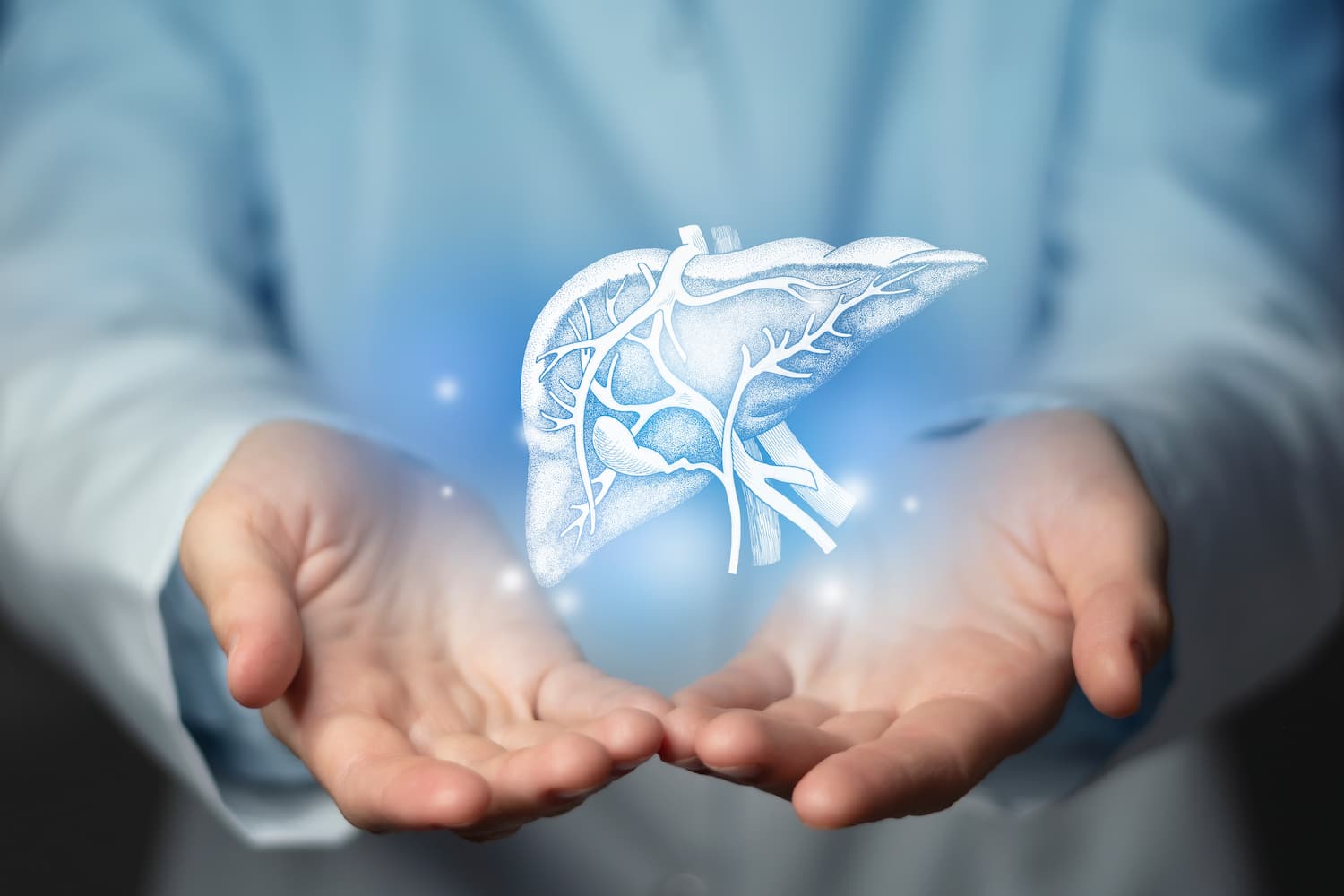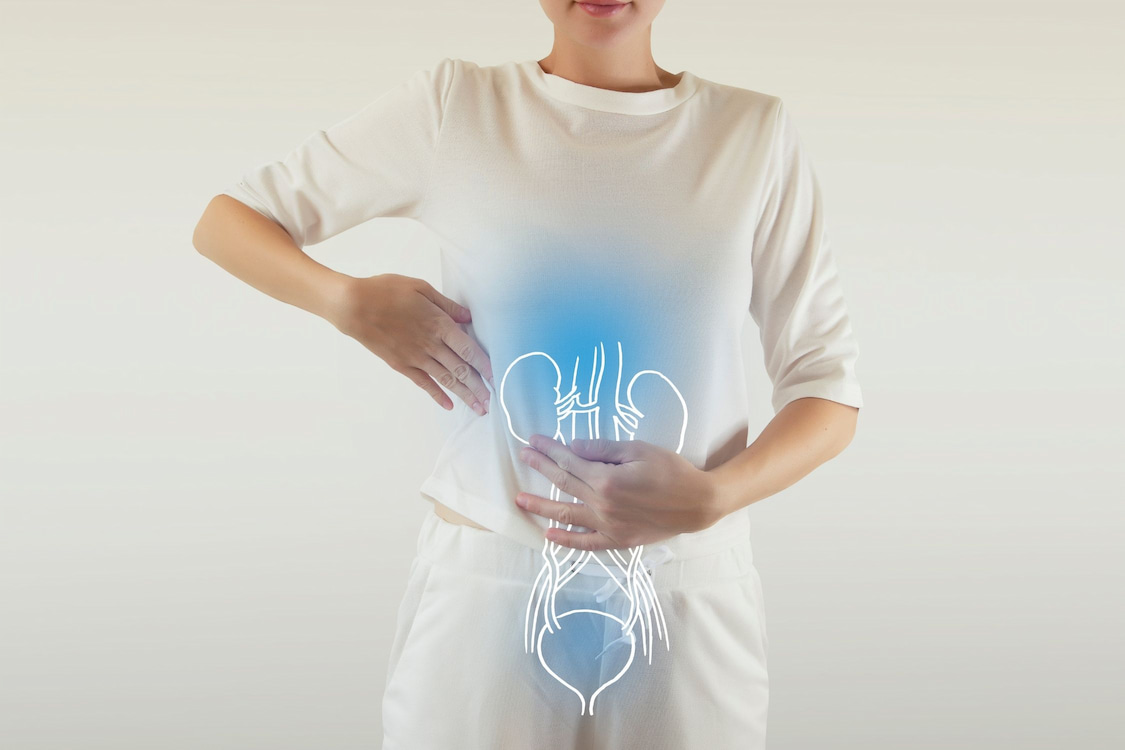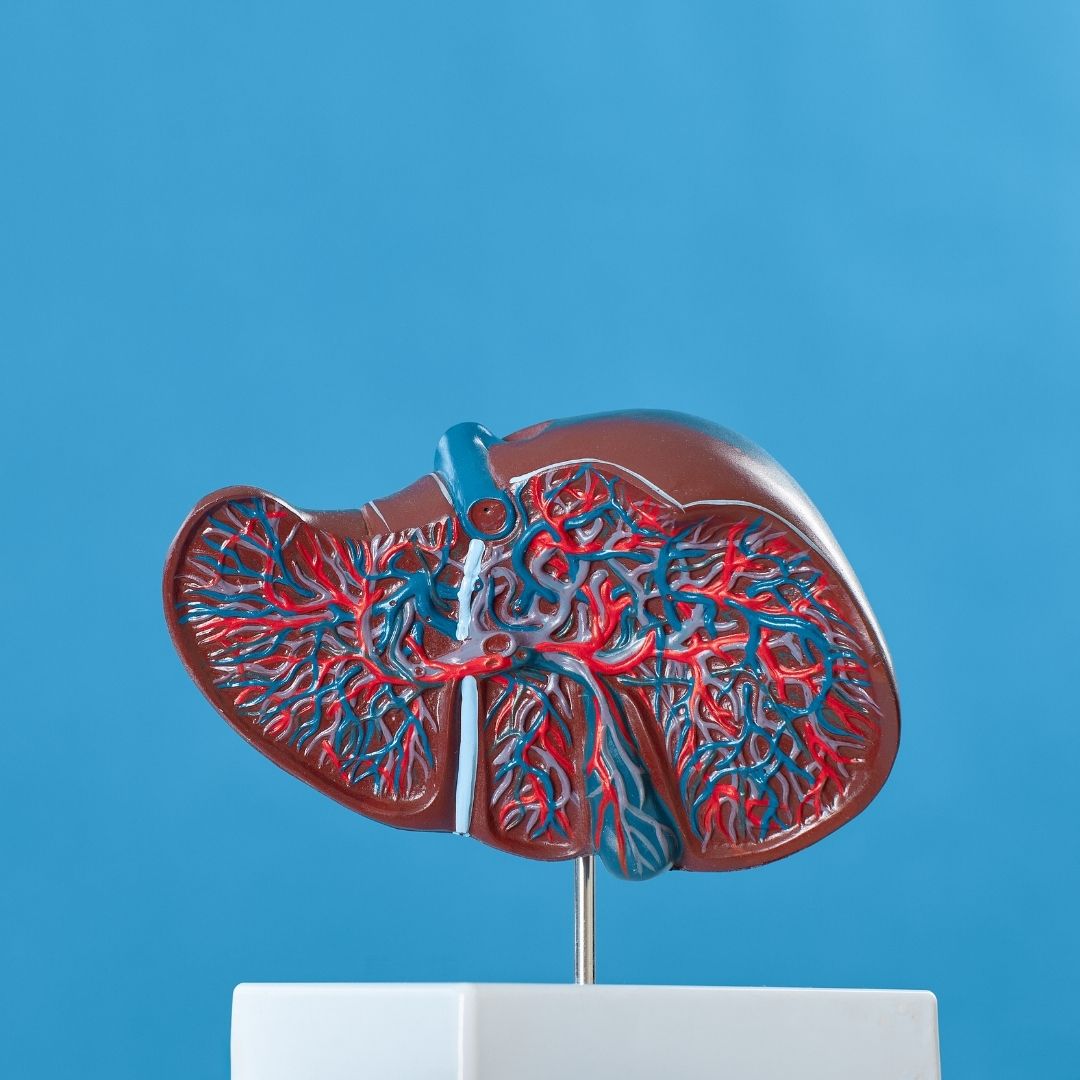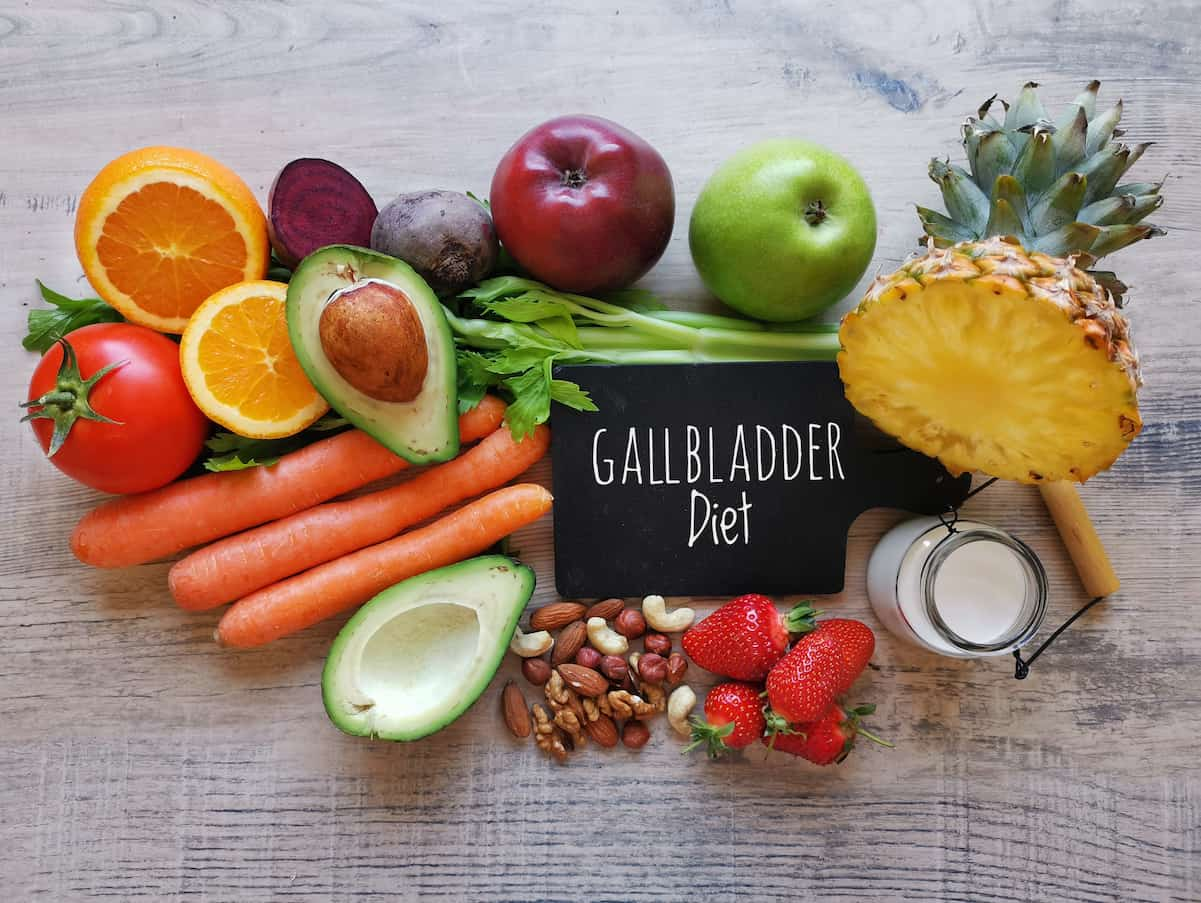
Gallbladder Diet
The gallbladder is a small organ located near the liver, responsible for storing and releasing bile to aid in the digestion of fats. When the gallbladder becomes inflamed or develops gallstones, it can cause a range of uncomfortable symptoms, including pain in the upper right side of the abdomen, nausea, vomiting, and bloating.
While surgery to remove the gallbladder is sometimes necessary, dietary changes can also play an important role in managing gallbladder disease .
In this article, we will explore the best foods for a gallbladder diet, what to eat for breakfast with gallbladder problems, and how a low-fat diet can benefit those with gallbladder disease.
Low-Fat Diet for Gallbladder Disease
A low-fat diet for gallbladder disease involves reducing your intake of high-fat foods, as these can trigger symptoms and exacerbate inflammation. Generally, it is recommended that those with gallbladder problems consume no more than 30% of their daily calories from fat.
Some good low-fat foods to include in your diet include lean proteins like chicken, fish, and turkey, as well as low-fat dairy products like skim milk and non-fat yogurt. Fruits, vegetables, whole grains, and legumes are also great choices, as they are high in fiber and essential nutrients.
What Can I Eat for Breakfast with Gallbladder Problems?
When it comes to breakfast, it’s important to choose foods that are easy on the digestive system and low in fat. Some good options include oatmeal, which is high in fiber and can help regulate digestion, as well as whole-grain toast with a small amount of nut butter.
Low-fat yogurt with berries or a banana is also a great choice, as is a veggie omelet made with egg whites and plenty of non-starchy vegetables like spinach, mushrooms, and bell peppers. Avoid high-fat breakfast foods like bacon, sausage, and fried eggs, as well as sugary cereals and pastries.
7-Day Gallbladder Diet Menu
While there is no one-size-fits-all diet for gallbladder disease, a 7-day menu can provide some helpful guidelines for those looking to manage their symptoms through dietary changes. Here’s an example of what a 7-day gallbladder diet menu might look like:
Day 1:
Breakfast: Oatmeal with berries and a small handful of nuts
Snack: Apple slices with almond butter
Lunch: Grilled chicken breast with roasted vegetables
Snack: Carrot sticks with hummus
Dinner: Baked salmon with brown rice and steamed broccoli
Day 2:
Breakfast: Whole-grain toast with avocado and tomato
Snack: Greek yogurt with blueberries
Lunch: Tuna salad with mixed greens and a whole-grain roll
Snack: Celery sticks with peanut butter
Dinner: Turkey chili with a side salad
Day 3:
Breakfast: Veggie omlet with whole-grain toast
Snack: Orange slices
Lunch: Grilled shrimp skewers with quinoa and roasted asparagus
Snack: Cucumber slices with tzatziki sauce
Dinner: Baked chicken breast with sweet potato and green beans
Day 4:
Breakfast: Low-fat cottage cheese with sliced peaches and a sprinkle of cinnamon
Snack: Baby carrots with hummus
Lunch: Turkey and cheese wrap with a side of fruit
Snack: Non-fat Greek yogurt with raspberries
Dinner: Vegetarian chili with a side of cornbread
Day 5:
Breakfast: Whole-grain pancakes with sliced strawberries and non-fat whipped cream
Snack: Banana with almond butter
Lunch: Grilled chicken salad with mixed greens, cherry tomatoes, and a low-fat vinaigrette
Snack: Edamame
Dinner: Baked fish with quinoa and roasted Brussels sprouts
Day 6:
Breakfast: Low-fat smoothie with spinach, banana, and non-fat yogurt
Snack: Apple slices with peanut butter
Lunch: Grilled chicken and vegetable kebabs with a side of couscous
Snack: Hard-boiled egg
Dinner: Baked sweet potato with black beans, salsa, and a sprinkle of cheese
Day 7:
Breakfast: Whole-grain English muffin with scrambled eggs and sliced tomato
Snack: Non-fat cottage cheese with diced pineapple
Lunch: Turkey burger with a side of sweet potato fries
Snack: Non-fat yogurt with honey and sliced almonds
Dinner: Grilled shrimp with quinoa and roasted vegetables
What Foods Help Repair Gallbladder?
While there is no specific food that can repair the gallbladder, a healthy, balanced diet can help reduce inflammation and promote overall digestive health. Some foods that may be particularly beneficial for those with gallbladder disease include:
Leafy greens: Dark, leafy greens like spinach, kale, and collard greens are high in antioxidants and can help reduce inflammation.
Turmeric: This spice has anti-inflammatory properties and may help reduce pain and swelling.
Berries: Blueberries, raspberries, and strawberries are all high in antioxidants and can help protect against cell damage.
Ginger: This root has anti-inflammatory and anti-nausea properties and may help alleviate some gallbladder-related symptoms.
Whole grains: Foods like brown rice, quinoa, and whole-grain bread are high in fiber and can help regulate digestion.
Other great options include legumes, whole grains, and low-fat dairy products. When planning a gallbladder-friendly diet, it’s important to focus on whole, minimally processed foods and avoid foods that are high in fat, sugar, and salt.
What Fruits are Good for Gallbladder?
When it comes to fruits, those that are high in antioxidants and low in sugar are generally the best choices for those with gallbladder disease. Some great options include:
Berries: As mentioned above, berries are a great choice due to their high antioxidant content.
Apples: Apples are high in fiber and can help regulate digestion.
Grapefruit: This citrus fruit is high in vitamin C and antioxidants, and may help protect against cell damage.
Kiwi: Kiwis are high in fiber and vitamin C, and may also have anti-inflammatory properties.
Pears: Pears are another high-fiber fruit that can help regulate digestion.
Other great fruit options include bananas, peaches, and plums. When incorporating fruit into a gallbladder-friendly diet, it’s important to focus on whole, fresh fruit rather than canned or processed fruit, which may be higher in added sugars and other problematic ingredients. By including a variety of fruits in your diet, you can promote overall digestive health and reduce inflammation, potentially alleviating some of the symptoms associated with gallbladder disease.
What Foods Aggravate My Gallbladder?
While everyone is different, there are some foods that are known to exacerbate gallbladder-related symptoms in many people. These include:
High-fat foods: Foods like fried foods, fatty cuts of meat, and full-fat dairy products can all trigger symptoms and exacerbate inflammation.
Spicy foods: Spicy foods like hot peppers and curry can irritate the digestive system and lead to discomfort.
Sugary foods: Sugary foods like candy, pastries, and soda can cause inflammation and disrupt digestion.
Alcohol: Alcohol can cause inflammation and lead to dehydration, which can exacerbate gallbladder-related symptoms.
Caffeine: While small amounts of caffeine are generally safe, excessive caffeine intake can irritate the digestive system and lead to discomfort.
By avoiding these types of foods and sticking to a low-fat, high-fiber diet, you can help reduce inflammation and promote overall digestive health, potentially alleviating some of the symptoms associated with gallbladder disease.
The Study of Gallbladder Diet
A comprehensive study published in the American Journal of Gastroenterology analyzed the dietary habits and outcomes of over 1,000 individuals diagnosed with gallbladder disease. The study found a significant correlation between low-fat diets and a reduced frequency of gallbladder-related symptoms. Individuals who adhered to a low-fat diet with no more than 30% of daily calories from fat experienced fewer episodes of gallbladder pain and discomfort, and a notable decrease in gallstone formation. These findings underscore the effectiveness of low-fat diets in managing gallbladder disease and provide valuable guidance for those seeking dietary solutions to alleviate symptoms and potentially avoid surgical interventions.
About Gallbladder Diet
A healthy gallbladder diet is all about choosing the right foods and avoiding those that can trigger symptoms. Focus on consuming lean proteins, whole grains, and plenty of fruits and vegetables, and limit your intake of high-fat, spicy, and sugary foods. By making these dietary changes and following a low-fat diet, you can reduce inflammation, promote overall digestive health, and potentially even prevent the need for gallbladder stone removal surgery in Turkey.
It’s also important to remember that everyone’s body is different, and what works for one person may not work for another. If you’re experiencing symptoms related to gallbladder disease, it’s important to talk to your doctor about your dietary needs and any potential food triggers. Your doctor may also recommend working with a registered dietitian who can help you create a personalized meal plan based on your individual needs and preferences.
In addition to dietary changes, there are other lifestyle modifications that may help alleviate gallbladder-related symptoms. Regular exercise, stress reduction techniques like meditation or yoga, and staying hydrated can all help promote overall digestive health and reduce inflammation.
A gallbladder diet should focus on consuming low-fat, high-fiber foods that are gentle on the digestive system. Some great options include lean proteins, whole grains, and plenty of fruits and vegetables. Avoiding high-fat, spicy, and sugary foods can also help reduce inflammation and prevent symptom exacerbation. By making these dietary changes and working with your healthcare team, you can promote overall digestive health and potentially even prevent the need for general surgery in Turkey.
